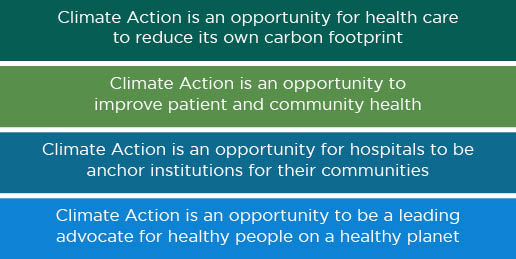
Launched in 2015 at the Paris Climate Conference, the Health Care Climate Challenge is a Health Care Without Harm initiative to mobilize health care institutions around the world to play a leadership role in addressing climate change.
We know that climate change is already exacerbating a wide range of health problems the world over. Health care is uniquely positioned to play a leading role in addressing climate change, which The Lancet has called the greatest health threat of the 21st century.
In order to protect local and global health from climate change and its sources, the world needs to move toward an economy based on clean, renewable, healthy energy. Indeed, a transition to a clean energy economy will benefit both the climate and people’s health.
Health care can contribute to this transition by decarbonizing its energy consumption, operations and supply chain, reducing its climate footprint in alignment with the ambition of the Paris Agreement on climate change.
Health care is also on the front lines of climate change. Hospitals, health centers and health care providers are first responders to extreme weather events, and must build resilience to stay operational and serve their communities during climate related disasters
To date, more than 300 institutions representing the interests of over 28,000 hospitals and health centers from 41 countries have joined the Health Care Climate Challenge and committed to taking meaningful action.
By 2019, Challenge participants had collectively reported commitments to reduce their carbon emissions by more than 34 million metric tons—the equivalent of both a year of carbon emissions from 9 coal fired power plants, and of saving an estimated U.S. $3.2 billion in health costs related to air pollution. Participants also report saving U.S. $394 million through energy efficiency and renewable energy generation.

The Challenge and its pledge are based on three main pillars:
- Mitigation – Reducing health care’s own carbon footprint and/or fostering low carbon health care.
- Resilience – Preparing for the impacts of extreme weather and the shifting burden of disease.
- Leadership – Educating staff and the public while promoting policies to protect public health from climate change.
Many of the initial participants have set ambitious mitigation targets of 30% or more carbon reduction. Yet all hospitals, health centers and health systems from everywhere in the world are encouraged to participate and help foster climate smart, low carbon care.

